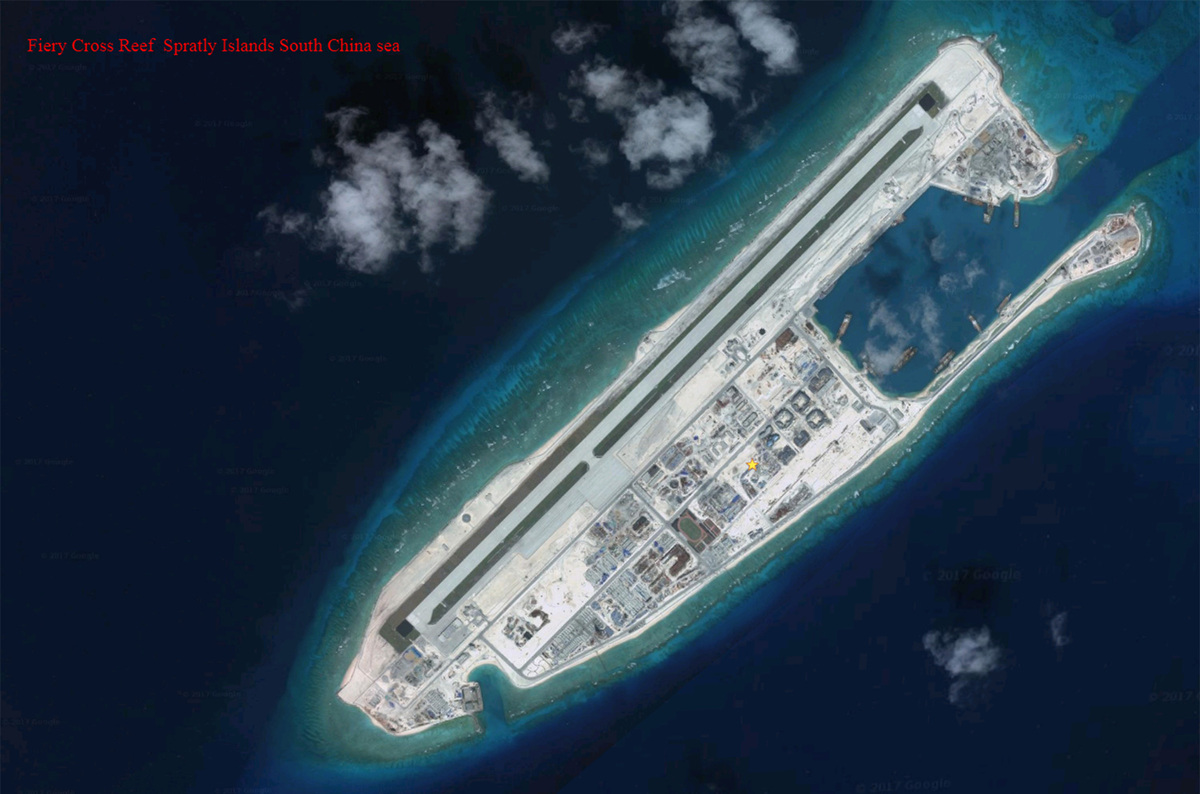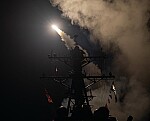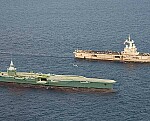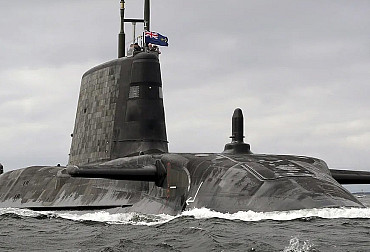Four countries led by the US oppose militarization of the South China Sea
The United States, Australia, Japan and India stand together against the continued militarization of the South China Sea. This group of countries associated in the Quadrilateral Security Dialogue, also known as the Quadrilateral Security Dialogue, was created precisely for the purpose of strategic cooperation in safeguarding security and democracy in the region. The countries have expressed serious concern about the destabilizing actions of both China and North Korea in the region, with Beijing encroaching into foreign waters, building artificial islands and military bases in the area and Pyongyang continuing to test ballistic missiles.

In Tokyo, US Secretary of State Antony Blinken, with his counterparts from Japan, Australia and India, reaffirmed their shared commitment to protecting the sea lanes and sovereignty of countries in the Indo-Pacific region. This has been eroded in the region in recent years by Beijing's accelerating military expansion. This is precisely what the Quad, formed in 2007 as a direct response to Communist China's expansionism, is designed to counter. But in the official statement, the authors tread carefully, not naming China once in the entire text, however directly they respond to its military and provocative actions.
"We are gravely concerned about the situation in the East and South China Seas and reiterate our strong opposition to any unilateral action that seeks to change the status quo by force or coercion," reads a recent statement released by the Quadrilateral Security Dialogue, as the group calls itself in Czech. "We continue to express our grave concern over the militarization of disputed areas and coercive and intimidatory manoeuvres in the South China Sea," the statement continues.
The countries, led by the US, also agreed to condemn maritime provocations by Chinese ships - again without specifically mentioning that it is usually Chinese vessels that are the aggressors and that in a number of incidents they have clashed with Filipino, Malaysian and other vessels that have been prevented from moving freely. "We also express our grave concern about the unsafe use of Coast Guard and Navy vessels, the increasing use of various types of unsafe maneuvers, and efforts to disrupt other countries' offshore resource exploitation activities. We declare that maritime disputes must be resolved peacefully and in accordance with international law," the Quad said in its final document.
In their speeches, the statesmen also made separate references to other world conflicts and the need to end them as soon as possible, whether it be Ukraine, the Gaza Strip or South Sudan, according to Blinken. "While we are doing what we can and must to try to end these conflicts... we have not lost sight of the region and we are really focused on this region that we share," the US secretary of state said, according to Deutsche Welle, referring to the Indo-Pacific. "We all understand that we are facing the most conflicted circumstances in our region in decades. We all value peace, stability and prosperity in the region and we all know that this is not a given," Australian Foreign Minister Penny Wong was quoted as saying by Reuters.
As cautious as the group's representatives have been, at least outwardly, about China, presumably out of concern about upsetting the current fragile geopolitical situation, they have not mentioned North Korea and its ballistic missile tests directly. "We condemn North Korea's destabilising launches using ballistic missile technology and its continued pursuit of nuclear weapons in violation of numerous UN Security Council resolutions," reads a passage on the DPRK in the final communiqué. It also mentions North Korea's global network using cyber activities and personnel abroad to fund its weapons of mass destruction and ballistic missile development programs.
Antony Blinken travelled to Tokyo from Laos to meet his Chinese counterpart. He also reiterated to him, according to US media, that Washington is committed to maintaining a free and open Indo-Pacific. Beijing, after the actual statement, accused both the US and Japan of creating "imaginary enemies" and warned both countries to stop interfering in China's internal affairs.
At the same time, the US announced plans for a major overhaul of its military command in Japan to deepen coordination with the forces of a strategic ally in the region. With the other Quad members, in addition to a general commitment to strengthen maritime security in the Indo-Pacific region, they have also committed to improve cyber protection, specifically to ensure the stable operation of selected critical undersea cables and infrastructure.










